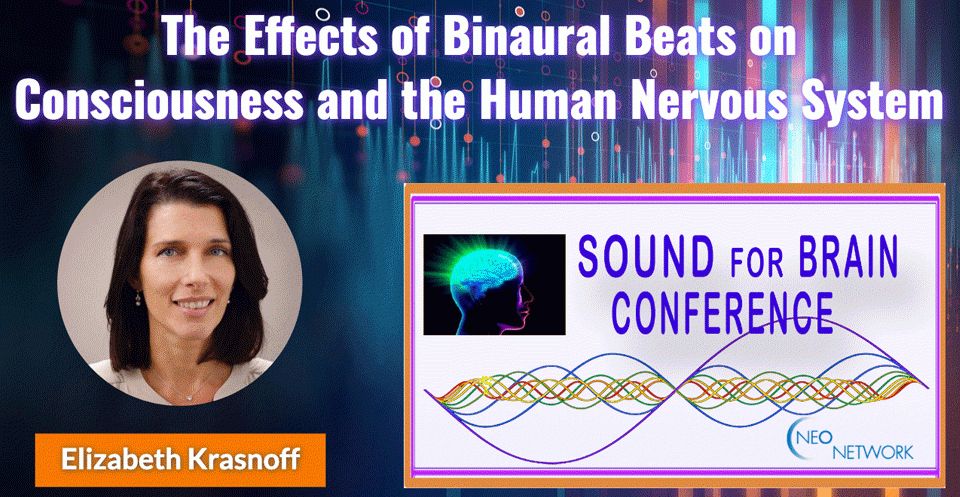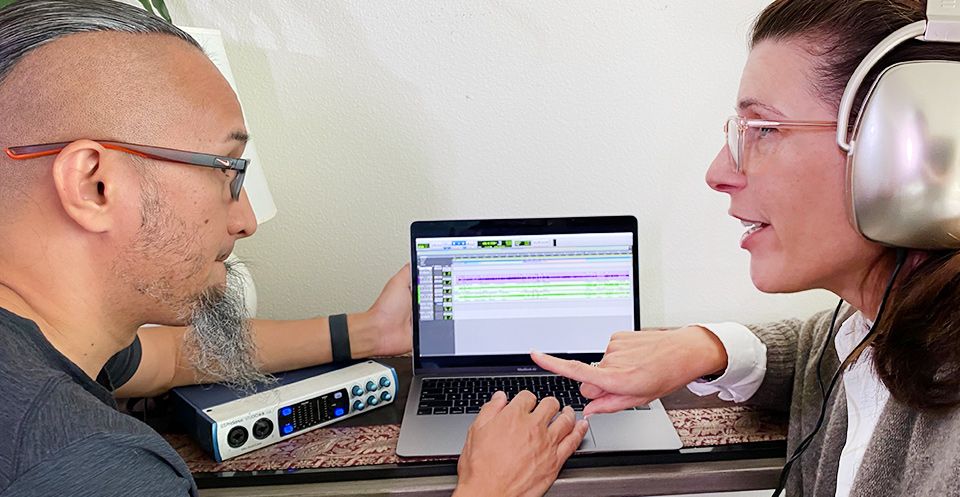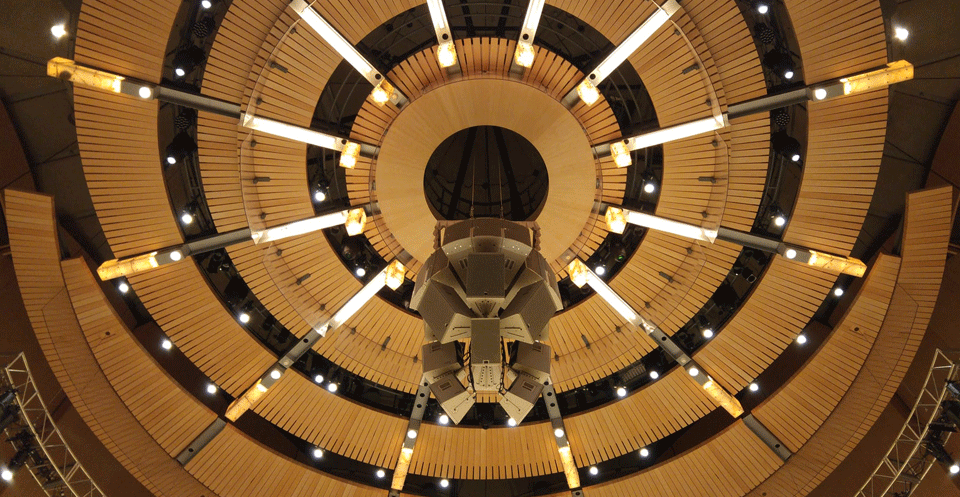Music shows promising potential to slow the progression of dementia

Music is known for its soothing effects.
In 2020, the web ignited at the sight of a video of Marta Cinta González Saldaña, a former ballet dancer suffering from Alzheimer’s disease, performing and dancing to a piece of Swan Lake. The video highlights the power that music has on our brain. Indeed, music can revive dormant neural pathways in elderly subjects suffering from severe forms of dementia. As a result, music therapy has become a common practice in nursing homes.
An experiment was carried out
Music shows promising potential for slowing the progression of dementia, according to a study published in the journal Scientific Reports.
The study aimed to answer two specific questions regarding this incredible music-triggered phenomenon. The first is the design of the controlled music therapy program, spread over eight weeks, which can revive activity and connectivity between the auditory and reward areas of the brain. The second concerns the beneficial effects of music on our body.
To complete the investigation, the research team used a small cohort of older adults in good cognitive health. They also collaborated with a music therapist. So the team came up with two music playlists, one called “energizing” and the other “relaxing”. During the study, the cohort was instructed to listen to music from their self-selected playlist for one hour each day for eight weeks. The purpose of the experiment was therefore to awaken memories and emotions while listening to the playlist. In addition, the participants had to listen to the music while completing their daily tasks.
Music has had a positive effect on patients
In order to better observe the changes, at the beginning and at the end of the experiment, each participant performed brain imaging. During the study, everyone had to listen to 24 different audio extracts. Six of them were selected by the participant, while the other pieces were selected by the researchers. They therefore discovered changes in auditory connectivity. They also discovered that the songs chosen by the participants are more effective in engaging their brain pathways.
This study is the first to demonstrate that a music-based intervention leads to longitudinal improvements in connectivity between particular brain networks. From a clinical perspective, these findings observed a decrease in connectivity and activity in the medial prefrontal cortex. It is the part that is responsible for a number of neurodegenerative diseases, as well as psychiatric illnesses such as schizophrenia and depression.











